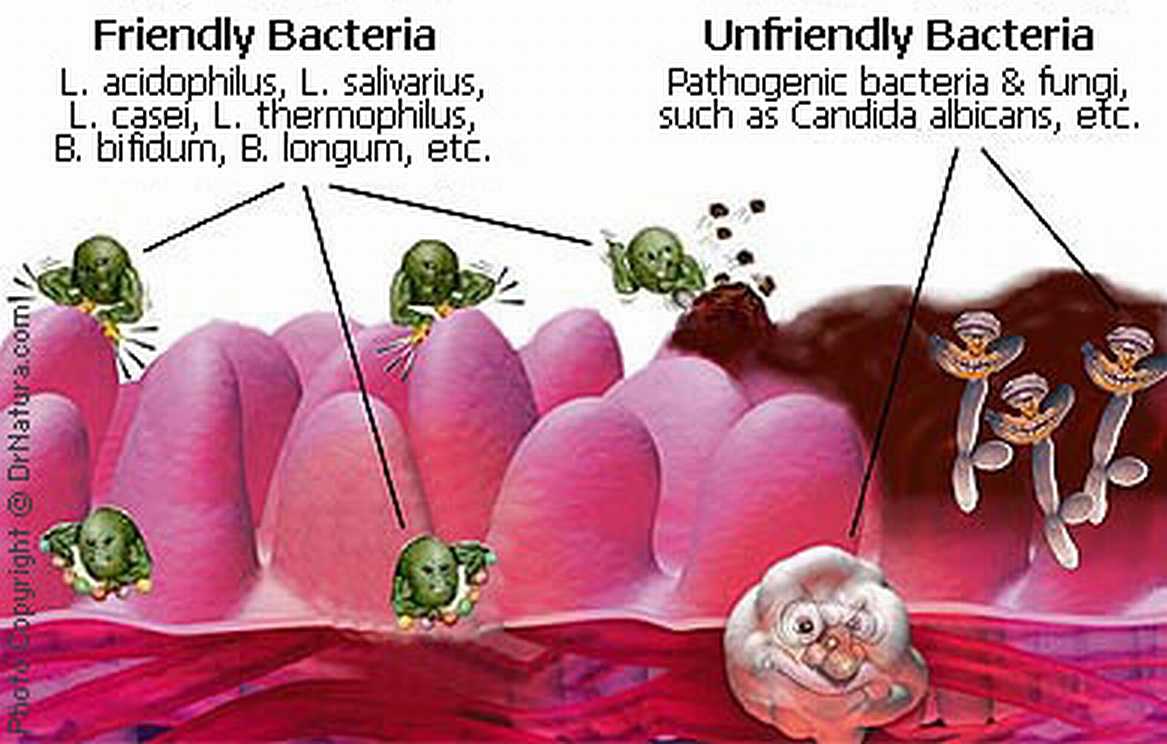
The rates of illnesses like type 2 diabetes, cancer, heart disease, Crohn’s Disease (inflammatory bowel syndrome), and chronic fatigue syndrome have risen astronomically over the last few decades in all industrial nations. There is a growing body of scientific research that proves that the #1 reason for this disease epidemic is how our diets have changed. Quite simply, food is killing us!
Modern food is very different than what humans ate just 100 years ago. Much of our food today is industrially produced, chemically modified, and contains artificial ingredients. However, no change in our food supply in the last 100 years has been more profound than than manipulation of the genetic code of the crops we eat. These “genetically modified foods,” also known as “GMO foods,” are one of the big culprits to causing this surge in disease. The inclusion of GMO foods in our food supply in fact is one of the reasons we’ve seen an even bigger surge in disease over the last 20-30 years. We are clearly headed down a dangerous path with our food supply.
There is a growing movement to educate people about this problem. I am personally part of that movement as I strongly believe that changing your diet can not only prevent disease but it can also reverse it! I have reversed my type 2 diabetes and other ailments by changing the way I eat so I have very personal and intimate knowledge of how much changing your diet can improve your health. I’ve also studied this topic in depth.
One of the most significant things you can do to immediately improve your health and lower your risk for ailments like diabetes, cardiovascular disease, and cancer is to completely eliminate GMO foods from your diet. If you already have these diseases (or other diseases), you can reverse the effects by eating the right foods and avoiding the bad foods. If you want to prevent and/or reverse disease, you should consider GMO foods enemy #1.
Many people are eating lots of GMO food when they don’t even realize it. This has got to change. People need to know what they are eating and how harmful it can be so they can take control of their own health! In this article, I want to share with you 7 tips for avoiding GMO foods altogether.
1. Buy Organic!
This is probably the most important tip I can give you to avoid GMO foods. If you buy certified organic products, you can be confident that the product does not contain GMO foods. This is because the USDA does not allow a product to be labeled as organic and sold as organic if it contains GMO foods. Be careful though not to confused the word “organic” on the label with other words like “natural.” Foods labeled as “natural” very often DO contain GMO foods. For example, “natural corn chips” are usually made with GMO corn. So called “natural” granola bars usually contain GMO ingredients. This is because the USDA gives no special meaning to the word “natural” and so food companies have no obligation to not include GMO ingredients. In fact, GMO ingredients means more profit for them.
2. Avoid Certain Conventionally Grown Vegetables and Fruits
Some people buy conventionally grown vegetables not because they don’t prefer organic but because they feel organic is too expensive or because the organic version is not available where they shop. If you fall into this category, you should be made aware that there are certain conventional vegetables that are GMO most of the time and you may want to avoid at least these specific ones. Common GMO vegetables include corn, yellow squash, soy beans, papaya, and beets. I refuse to touch corn unless it is labeled organic or I know the local farmer/gardener who grows it. It is almost always GMO if not labeled organic.
Unfortunately, in the very near future, the variety of fresh GMO vegetables and GMO fruits available on the market is going to increase dramatically. For example, GMO rice and GMO peppers are coming very soon. So, it’s going to get even harder to avoid GMO vegetables and fruits unless you buy organic.
3. Avoid Any Food Containing High Fructose Corn Syrup (HFCS) Or Corn Syrup
High fructose corn syrup is ALWAYS made from GMO corn with no exceptions! It is one of the most harmful ingredients you can put into your body. If you buy processed food, be sure to read the ingredient label carefully and look for high fructose corn syrup. Please note that it is sometimes labeled as HFCS.
Plain ol’ corn syrup is more often than not made from GMO corn. So, you need to be careful here and really know your product if you want to avoid GMO. My rule of thumb is a) buy organic and if I can’t then b) don’t buy anything with corn syrup listed as an ingredient unless it specifically says non-GMO.
4. Avoid These 4 Oils Because They Very Likely Made From Genetically Modified Plants
Canola oil (a fancy marketing term for rapeseed oil), corn oil, soybean oil, and cotton seed oil are all made from GMO corn the vast majority of the time. About the only time you’ll find an exception is when they are in products labeled as organic.
Please note that you’ll find these harmful GMO oils not only on the “cooking oil isle” but in MANY processed foods too. This includes frozen foods, canned goods, baked goods, deli counter foods, etc. Read your food labels and look for these harmful GMO oils. The food industry uses them because they can make more money, it extends shelf life, and in some cases it changes the texture or moisture (crackers and cookies for example).
5. Avoid the Hidden GMO Foods In the Bulk Food Isle
Most people think of the bulk food isle as “healthy food.” However, this is not always the case and many GMO ingredients are lurking in those bulk food contains. For example, granola sold in the bulk section often contains GMO canola oil. I’ve also seen GMO soy added to granola. Dried papaya is usually GMO. Bulgar wheat is often cracked in GMO cottonseed oil. Nuts often contain gmo oils. Pasta is another one to watch closely for GMO. Even bean soup mixes can contain GMO ingredients so always read the food labels.
Keep in mind that it is required by law that the ingredient label be readily available to the shopper on the bulk food isle. So, if you don’t see it, ask the manager to find it for you. Never buy bulk food without reading the ingredient label first.
6. Don’t Eat Processed Foods
I know… processed foods are super convenient and sometimes tasty. But… more than 70% of processed foods include GMO ingredients. This percentage would be much higher if we excluded the processed foods labeled as organic. Even an ingredient as simple as “sugar” (sucrose – table sugar) can be GMO now because GMO beets can be used to make sugar.
Processed foods always come with an ingredient label but gmo foods are not labeled in the US. California is currently trying to pass a law making it mandatory because the USDA hasn’t stepped up and required it of all GMO food in the United States. Europe does have GMO labeling. Even though a few of the details are controversial, I do applaud them for labeling GMO food. I truly hope the US gets GMO labeling soon!
7. Don’t Eat Fast Food and Watch Out For That Deli Counter!
When I was in college, I remember the “call of the late night fast food.” We’d make a “run” to our favorite fast food restaurant, sometimes visiting more than one at a time, to load up before studying. This was of course exactly the opposite from what our brains actually needed because almost all fast food contains GMO ingredients.
Most grocery stores now have extensive deli counters where they serve piping hot ready to eat food. Oh so tempting! I mean you grab it, take it home, and devour it! What could be more convenient? But remember, you’re paying for it with your health. The food at deli counters almost always contains GMO ingredients. A little known law is that they are required to show you the ingredients label BEFORE you buy it if you ask for it. So, take advantage of this law and always read the label.

Source by Maxine Fox
 Vitamin Agent The Health & Naturalistic Source
Vitamin Agent The Health & Naturalistic Source





